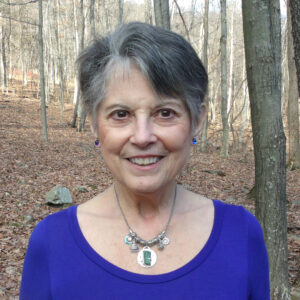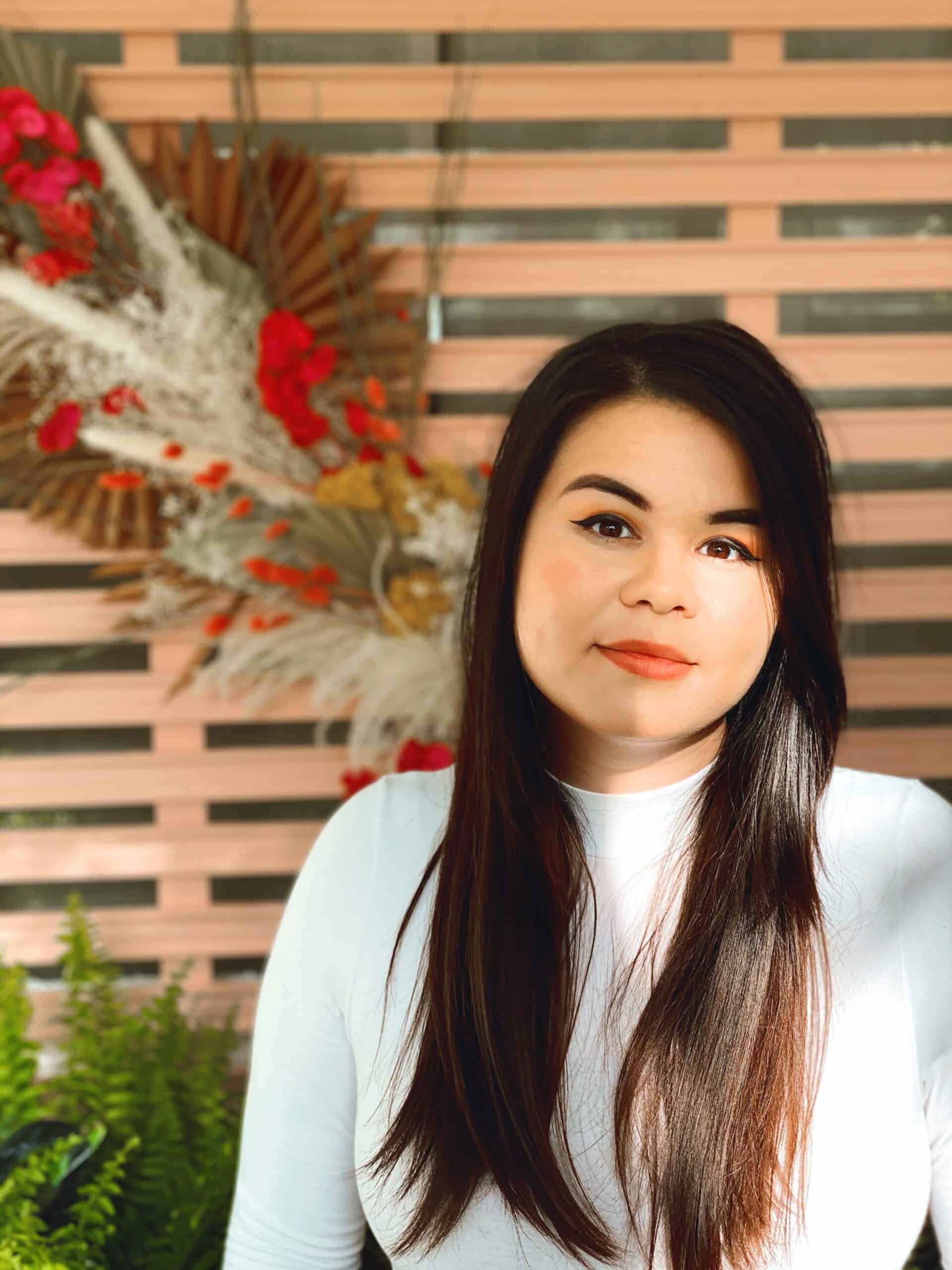
In the heart of every journey lies a moment of profound realization—a moment when the pieces of one’s past come together in a way that can no longer be ignored. For Ginelle Testa, this moment arrived during a challenge she had undertaken for the third year in a row: NaNoWriMo. What began as a collection of stories soon revealed itself as a powerful narrative capable of connecting with others on a deep, transformative level. With the courage to share her experiences, Ginelle stepped into the role of a storyteller, embracing vulnerability and honesty as tools for healing—not just for herself but for those who would find solace in her words. Her journey is one of self-forgiveness, community, and the unyielding belief that our stories have the power to change lives. Through her writing, Ginelle reminds us that in the act of sharing our truth, we open doors for others to see themselves more clearly and to find the strength to forge their own paths toward healing.
What was the moment that made you decide to share your personal journey with the world?
I was doing the NaNoWriMo (National Novel Writing Month) challenge for the third year in a row—writing 50,000 words in the month of November. I realized I had this patchwork of stories that may be able to be stitched together. I had experience telling my story in 12-step rooms and knew the power of what a story shared did. It has the opportunity to open someone’s eyes, make them feel less alone/make them feel seen, and help them take steps to improve their life. So, I decided in November of 2019 I would create a book.
How did you cope with the fear or anxiety of revealing your past through your book?
I became a women’s dating writer in 2016, sharing deeply personal stories of failure and triumph in my dating, relationships, and sex life. Around the same time, I began sharing body-positive content on Instagram. These two practices encouraged me to be open and honest about my truths, regardless of pushback and trolls (and boy, did they come). I started to gain confidence in my own power and story, so it was a natural next step to share a book-length story.
Can you describe a specific instance where learning to forgive yourself made a significant difference in your recovery?
Yes, there’s an instance in my book where someone says “no” to me in a sexual situation and I push anyway. I felt deep, deep shame and guilt about this for a long time. I thought I was a bad person who should be canceled and never forgiven. Through the process of writing and recovering in 12-step, I learned that I was a sick person getting well, not a bad person getting good. Since I’ve been able to forgive myself for it, I’ve been able to share it. And my hope is that others can forgive themselves, too.
How has your journey of self-forgiveness impacted your personal relationships?
The journey of self-forgiveness has deeply impacted my personal relationships. Because I’m gentler with myself, I’m gentler with others. I used to have expectations for myself and others that were blown out of proportion and deeply difficult to attain. Since I’ve right-sized those expectations, my relationships are smoother. For example, I don’t expect my partners to read my mind, whereas I used to in the past. Instead, I communicate when something is up.
What role did community support play in your recovery and decision to share your story?
Community was everything in my recovery and continues to be. Like I shared earlier, the rooms of 12-step prepared me to share my story to a wider audience because I saw the impact.
How did you find and build your support network during your journey?
Community is part of everything I do. I did 12-step for a long time. Now, I have multiple writing groups, I’m in a cornhole league, yoga community, and I have a group of friends I depend on. I am resourceful, seeking communities that can give me what I need at any given time and that I can contribute to. I am always seeking spaces I feel safe and welcome in.
What are some practical steps you recommend for others looking to find a supportive community?
Look to your hobbies, interests, and personality traits. Maybe you can find a sports league that interests you, like ultimate frisbee, an arts and crafts group, or an ADHD group. I find these through the app Meetup. It’s a perfect place to find both in-person and online niche support groups or meetups. Some other advice would be to be bold and put yourself out there. It’s scary to step into a new group, but most groups welcome you with open arms. The last piece of advice would be don’t try to do life alone. There are spaces for you.
How did your experiences with addiction influence your approach to writing and storytelling?
In 12-step, you practice immense openness. You share vulnerably and raw, and that’s exactly how my writing is. I hold nothing back, I show the good and the bad to paint a full picture of my humanity.
Can you talk about any particular challenges you faced while working on your personal essays?
Sometimes I want to write about an experience that happened in the last three years, but I’m too close to it. I struggle to reflect clearly and pull the meaning from it. The more recent the memory, the less experience I have thinking about it. I combat this by journaling then writing crap and editing.
How has your journey shaped your views on body positivity and self-acceptance?
In addition to addiction issues, I’ve struggled with eating disorders my whole life. In the years up to getting sober, I started to discover body positivity. When I got sober, I dove headfirst in. I found a community called Bawdy Love, which no longer exists, but it helped me learn that my body was fundamentally good in any state and that I can take healthy actions at any weight to be my definition of healthy. Self-acceptance and love are pillars of who I am now. I work at them every single day to be a better me, partner, worker, friend, human.
What advice would you give to someone struggling with self-forgiveness and coming to terms with their past?
Talk about it. Discuss it with a therapist, a friend, a mentor. Make sure these are safe people. I got through my trauma by letting it out. This doesn’t mean trauma dumping on anyone who will listen, but rather an intentional working through everything that happened so you can begin to let go.
How do you stay motivated and focused on your writing projects amidst personal challenges?
It feels silly to harp on it, but COMMUNITY. I go to 1-3 writing groups a week that provide me with a space to write and be accountable to my writing. I show up to my group every Saturday morning at 10 am and write whether I want to or not. I no longer wait for inspiration to strike, rather, writing is an intentional and consistent practice.
Can you share a particularly moving response or reaction from a reader of your book?
“Thank you for sharing your story. It helped me heal parts of myself that I didn’t know needed healing too.” LIKE, WHAT? That’s exactly what I’m going for.
What are some common misconceptions about addiction that you hope to address through your writing?
Not so much in my book, but more in my writing since—there are many paths to recovery. There are as many paths as there are people and I hope that everyone can find one that works for them.
How do you envision your future projects evolving from the themes and experiences you’ve explored in your current work?
I envision a post-12-step memoir, one where I’ve learned to trust myself and lean into my intuition. 12-step played a crucial role in my life for almost nine years, but the last year I’ve been recovering without it and it’s been a beautiful and interesting journey. For example, I don’t run every decision I make by a million people first as I did in twelve step. Sure, I talk to my therapist often, but I also make decisions grounded in my own experience and knowledge. And that was something I personally struggled to do in 12-step.
IG and TikTok: @ginelletesta






